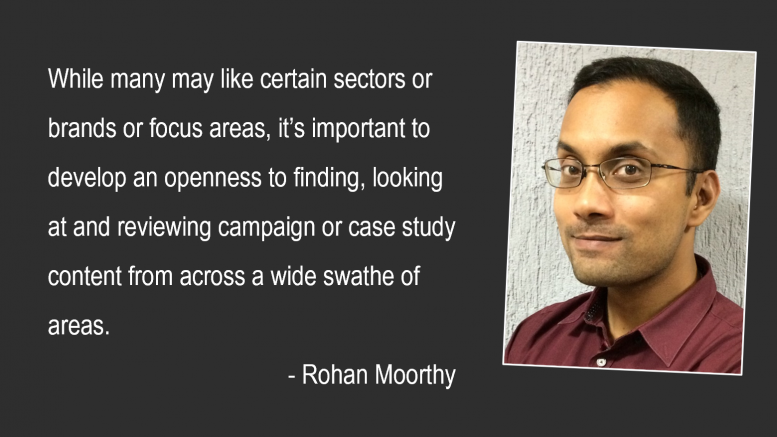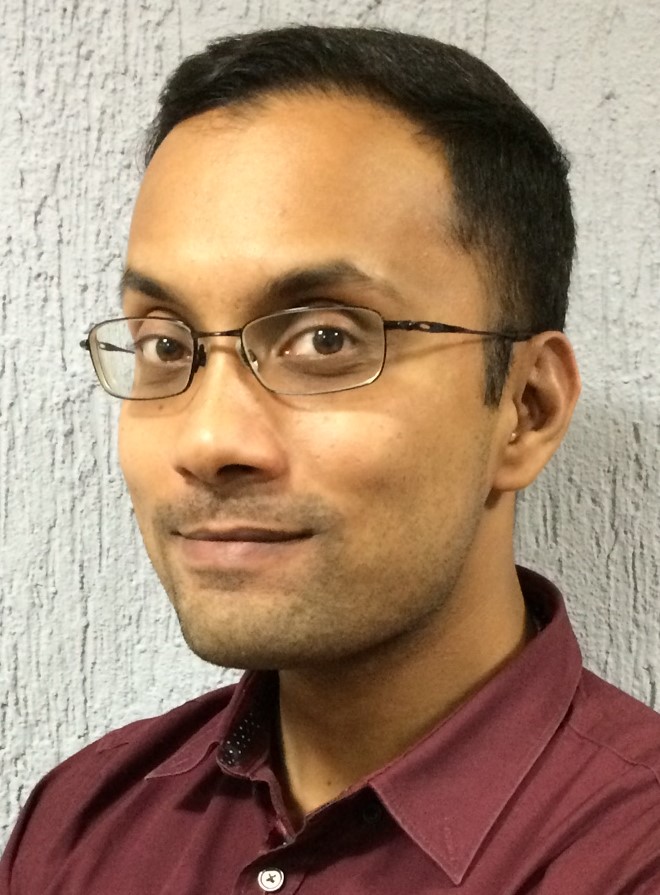The legacy of the PR world is adorned with many stellar campaigns. They each have stimulated a positive transformation for a variety of different brands, artists, societal issues etc. in the hearts and minds of their respective audiences. The true power of communications cannot be understated and every year across the world and in India, many well-crafted campaigns are rightly celebrated and rewarded. Parallel to that a wide collection of case studies and crisis analyses have also been published by various media titles, which include many PR veteran insights into what a brand or organization could have done better as well as the lessons to be learnt. Indeed, with such rich reservoir many young professionals could greatly benefit, learning from the thought processes and subsequent results.
Though, while the idea is a straightforward one, developing a personal learning structure or programme can be a challenge for young professionals, owing to their ongoing commitments and even for college aspirants looking to eventually carve their own career path in the field. Hence, in order to navigate the wide body of information that exists here are some steps that may help provide a more seamless way to approach, digest and enhance one’s own thinking:
- Schedule: A good way to approach this is to perhaps look at aiming to review 1 to 2 campaigns a month. The main idea is to look at getting a qualitative experience out of it and starting small is usually a sound way to get into the finer details of what a campaign, crisis analysis or viewpoint is about. By doing so, eventually, one would then perhaps be able to expand this learning habit further. As Collin Powell once put it, “If you are going to achieve excellence in big things, you must develop the habit in little matters. Excellence is not an exception; it is a prevailing attitude.”
- Variety: While many may like certain sectors or brands or focus areas, it’s important to develop an openness to finding, looking at and reviewing campaign or case study content from across a wide swathe of areas. In addition, it’s also good look at the broader picture surrounding the campaign, which includes things like the online platforms (and chatter), recent news feeds etc. of the brand, artist, or organization in question.
- Self-reflection: Post collecting the relevant research, it is beneficial to devote a portion of time i.e., 20 to 30 minutes perhaps, to reflect on how one would have approached the same campaign or crisis. By way of an example, the protagonist Howard Roark in the book The Fountainhead, while studying to be an architect in college, used to spend his free time surveying different nearby sites and task himself with sketching out an edifice that would complement both the surrounding landscape as well as the hypothetical human inhabitants of that space. This allowed him to hone his skills beyond classroom theory and aid in his subsequent rise towards the latter part of the story. In a similar vein it would be worthwhile for one to dissect and see if there is anything more or different that could have been down to increase a campaign’s potency or to better navigate a brand through a turbulent situation.
- Roundtable discussion: Another step that would be helpful is to look at discussing these campaigns or even previous campaigns executed by the same firm as one is employed in, with other colleagues or peers. Perhaps assembling a group of 2 or 3 people along with oneself would be an effective way to discuss the pros and cons of specific campaigns and situations, over a brief meet towards the end of each month.
- Senior veteran interview: In addition, having a one-to-one conversation with 1 or 2 seniors to get their perspective on something would also be an effective way to expand one’s own way of thinking. Hearing from those who have themselves helmed large or complex campaigns would provide great insights.
- Public forums/ events: At various PR events or award shows, it’d be worthwhile again to leverage the opportunity to speak with industry veterans or those responsible for a particular award-winning campaign. Of course, it’d serve one well to be mindful that such discussions should be kept private and not published online with attributes given to the person one may be talking to, as the latter may not appreciate it. These conversations should be treated as off the record. The focus should be on learning.
- Apply the learning: The endgame for this exercise of course should be with the intent to apply all learning practically. Though, the opportunity may not arise immediately in one’s own work, documenting everything and building up a repository of this knowledge would prove to be worthwhile in the long run. Plus, as a further point, learning from other campaigns especially those that started with the right intentions but where the planning teams failed to consider several factors or possibilities that eventually derailed their efforts, would equip one with a better sense of awareness and perception. As Confucius said, “Study the past if you would define the future.”
The views and opinions published here belong to the author and do not necessarily reflect the views and opinions of the publisher.



Be the first to comment on "Learn from the past to define the future"